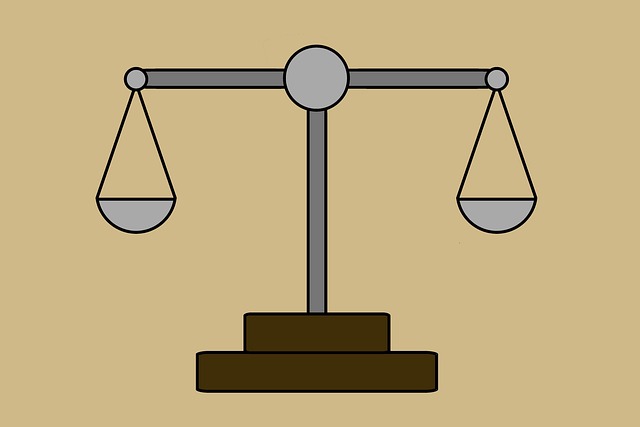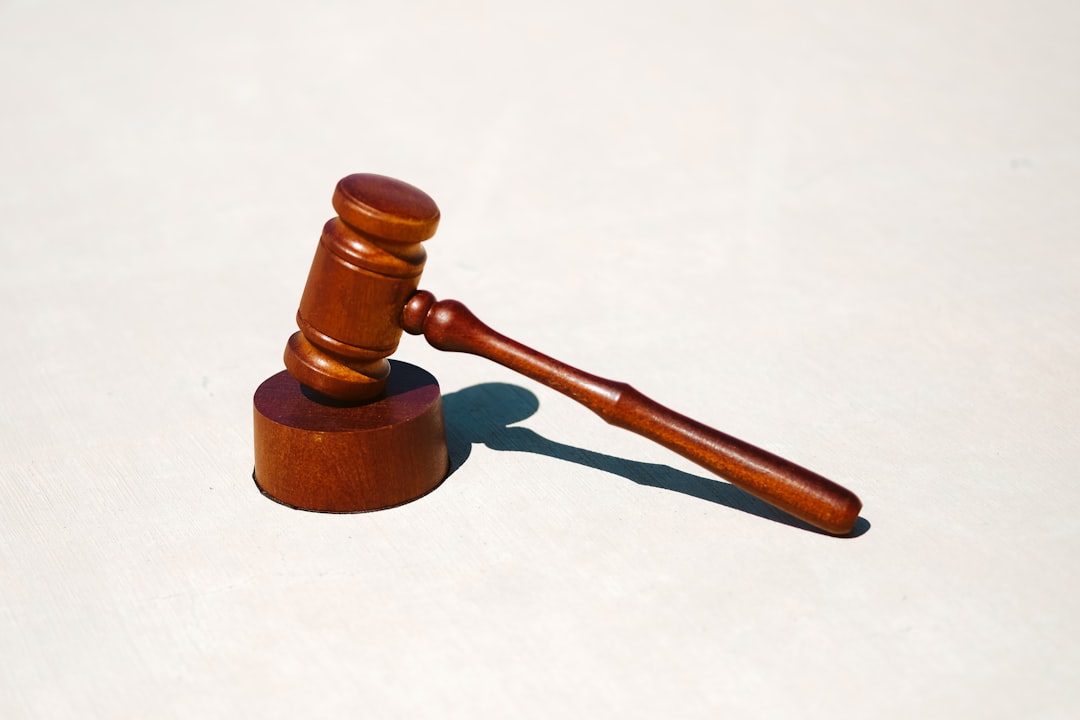Oregon's Title IX law protects individuals from sex-based discrimination in education, including harassment and assault cases. Victims can seek legal help from school abuse attorneys in Louisville, OR, for violations. Suing schools over Title IX requires careful evidence collection and interpretation of case law by qualified attorneys to ensure rights protection. Consulting with a local attorney is crucial for navigating the complex process and determining legal action feasibility.
“In Oregon, ensuring equal opportunities for education is a cornerstone of Title IX, yet violations can lead to severe consequences, especially involving school abuse. This comprehensive guide delves into the legal strategies for pursuing justice as a school abuse attorney in Louisville, OR. We explore how to build a robust case by gathering evidence and understanding available legal resources. Furthermore, we navigate the complexities of the legal process, empowering you with knowledge about your rights and options when facing Title IX violations.”
Understanding Title IX and School Liability in Oregon

In Oregon, Title IX is a federal law that protects individuals from sex-based discrimination in educational institutions. This includes schools and universities, ensuring equal opportunities for participation in all educational programs and activities. The law’s reach extends to various forms of harassment, assault, or discrimination based on gender, sexual orientation, or identity. When violations occur, especially involving school abuse or misconduct, Oregon residents have the right to seek legal recourse through school abuse attorneys in Louisville OR.
Oregon’s schools and educational institutions are held to a high standard of compliance with Title IX regulations. Any failure to prevent, investigate, or respond appropriately to complaints of sexual harassment or assault can lead to liability. This includes situations where school staff, administrators, or even peers engage in inappropriate behavior creating a hostile environment. Understanding these legal implications is crucial for both victims and school abuse attorneys navigating the complexities of Title IX violations within Oregon’s educational system.
Building a Strong Case: Evidence and Legal Recourses

Building a strong case for suing schools over Title IX violations requires meticulous gathering and presentation of evidence. This involves documenting instances of abuse, harassment, or discrimination, often through witness statements, medical records, emails, or other relevant documents. It’s crucial to engage with experienced school abuse attorneys in Louisville, OR, who can guide you in navigating the legal system and ensuring all evidentiary requirements are met.
Legal resources include reviewing existing case law related to Title IX, understanding the specific policies and procedures of the accused school, and exploring potential avenues for compensation or corrective action. School abuse attorneys can help interpret these complexities, strategize arguments, and represent your interests effectively in negotiations or legal proceedings.
Navigating the Legal Process: Your Rights and Options

Navigating the legal process for suing schools over Title IX violations can be complex, but understanding your rights and options is essential. If you or someone you know has experienced school abuse in Oregon, Louisville, it’s crucial to consult with a qualified school abuse attorney. They can guide you through the intricate steps involved in filing a lawsuit, ensuring that all legal requirements are met.
Your first step is to gather evidence, including any documentation related to the incident(s), communications with school officials, and statements from witnesses or individuals affected by the violation. This process requires meticulous attention to detail as it forms the basis for your case. Once prepared, your attorney will review the evidence, assess its strength, and determine whether pursuing legal action is feasible and in your best interest. They’ll also advise you on potential outcomes, damages recoverable under Title IX, and the likelihood of success in court.






